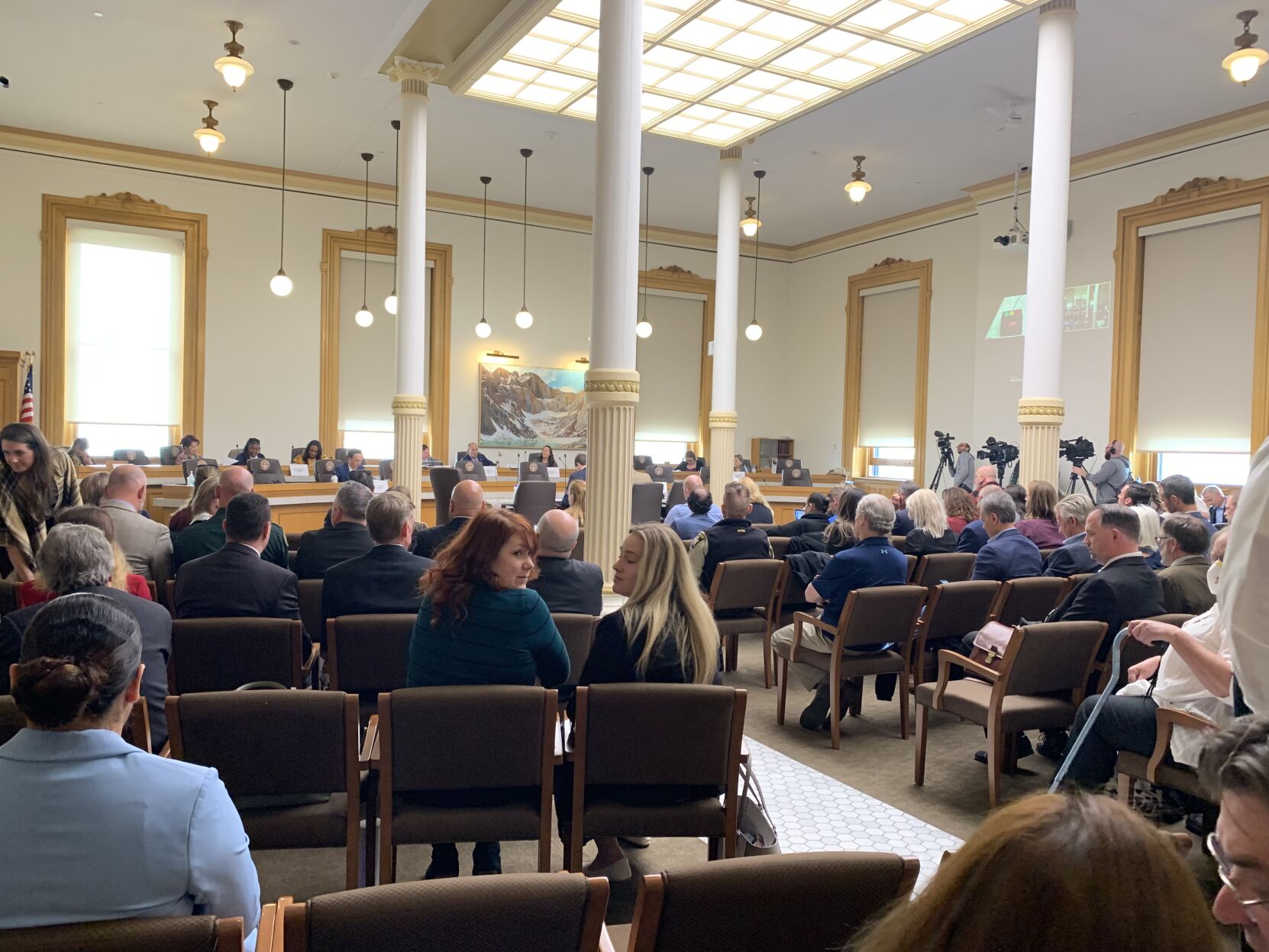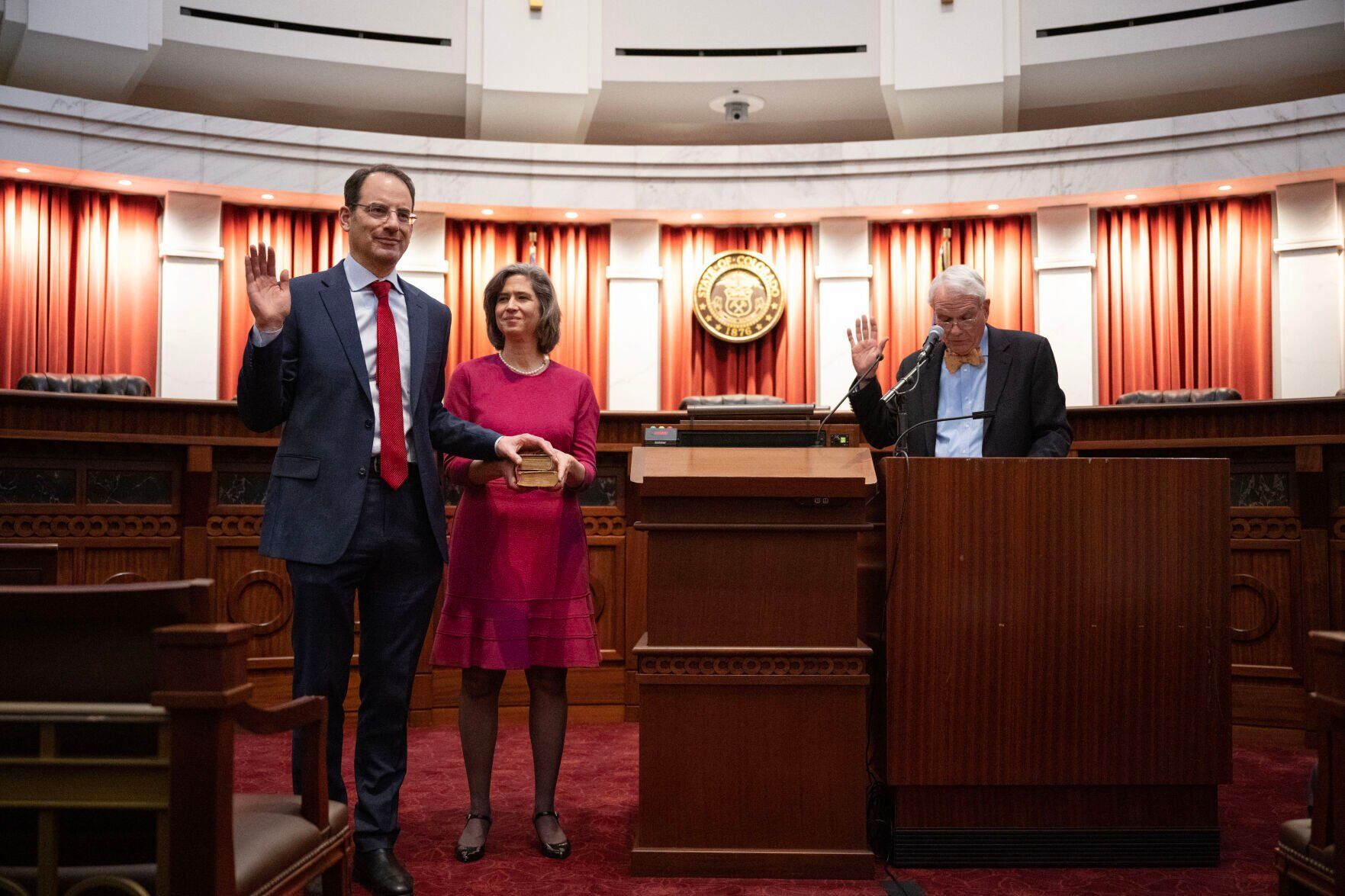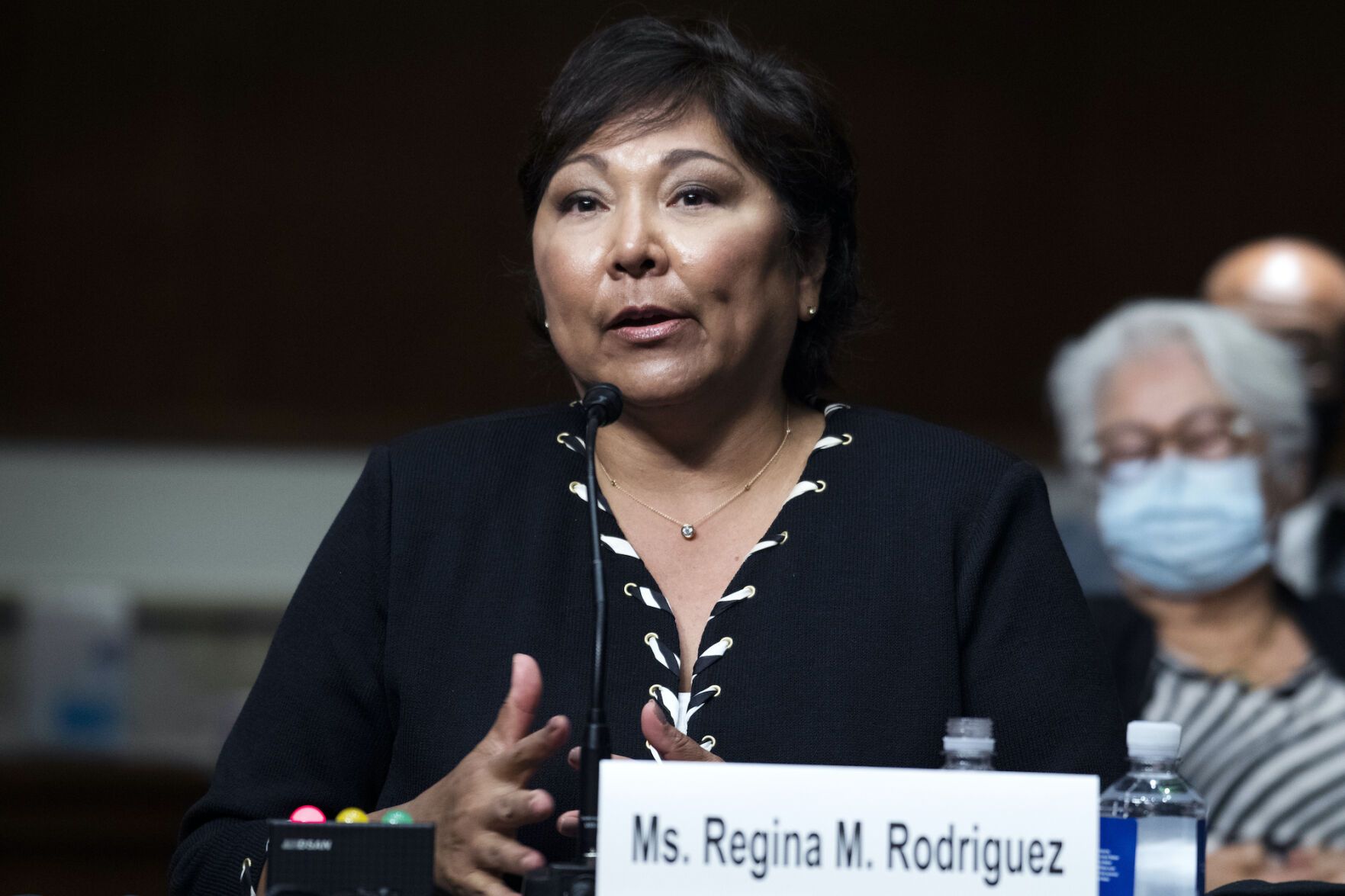10th Circuit weighs courts’ authority to block Colorado legislative decorum rules

The Denver-based federal appeals court questioned on Wednesday whether the rules of decorum governing public comments at Colorado legislative committee hearings are beyond the reach of the judiciary, thanks to the concept of legislative immunity.
During oral arguments to the U.S. Court of Appeals for the 10th Circuit, the judges explored the hypothetical restrictions lawmakers could place on those expressing their views without consequence.
“So, in your view,” asked Judge Joel M. Carson III, “these rules of decorum could have been, ‘We’re not gonna allow anyone to speak against the bill. Only people in favor of the bill may speak. We’re not going to allow people to criticize any individual legislator or their position in the meetings. Only people who want to speak positively about individual legislators may speak,’ and that would be absolutely immune?”
“Technically, I would say yes,” responded Edward T. Ramey, the attorney representing five current or former state lawmakers who are being sued for alleged First Amendment violations during a pair of 2024 legislative committee hearings.
The plaintiffs have argued that Democratic committee chairs inappropriately cut them off while they were testifying because the witnesses refused to refer to certain people by the names and pronouns that corresponded with their gender identity.
“We would submit that here, they were enforcing a censorship regime. It is functionally tantamount to excluding somebody or denying them the right to speak,” said plaintiffs’ attorney Endel Kolde during the Sept. 10 arguments to a three-judge panel.
“Could the legislature say, ‘In testimony before us, nobody is gonna use the N word if we’re talking about racial questions.’ Could they say that?” asked Senior Judge David M. Ebel, a Ronald Reagan appointee.
Kolde said “it depends” on the intent of the speaker.

Chiefly, the case centered around the issue of legislative immunity. States typically cannot be sued for monetary damages for violating federal law. An exception exists, however, that enables courts to direct officers of the state to stop engaging in violations.
The question then became: Can lawmakers be sued under that exception despite the longstanding principle that they are immune from civil liability for their legislative actions?
In the underlying case, Rich Guggenheim and Christina Goeke testified or attempted to testify last year about House Bill 1071. The measure, which became law, enabled people convicted of felonies to change their names to align with their gender identities.
Then-House Judiciary Committee Chair Mike Weissman, D-Aurora, called a recess during Goeke’s testimony as her repeated references to a trans woman and her statements that “gender is nothing” generated boos from the audience. Similarly, Senate Judiciary Committee Chair Julie Gonzales, D-Denver, interrupted Goeke and Guggenheim as they referred to trans people using the not-preferred names and pronouns.
Last November, U.S. District Court Judge Regina M. Rodriguez dismissed the lawsuit against Weissman, Gonzales and other lawmakers. She noted that neither the 10th Circuit nor the U.S. Supreme Court had addressed whether lawmakers are entitled to legislative immunity for their enforcement of decorum rules during public testimony.
“Under the circumstances of this case, the Court finds that Defendants’ alleged acts were related to Defendants’ legislative function of overseeing public testimony on pending legislation and gathering relevant information and input from the public. These are ‘integral steps in the legislative process,'” wrote Rodriguez, a Joe Biden appointee.
Because the defendants were acting in the “sphere of legitimate legislative activity,” she dismissed the lawsuit. Rodriguez also determined that since the legislative session had ended and the rules may be different in the future, the case was moot.

Appealing to the 10th Circuit, the plaintiffs warned that state legislators cannot be placed “above the First Amendment.” They also argued that the act of enforcing the conduct rules was not a legislative function, but an executive one.
“That seems like a hard argument to make for me,” responded Carson, a first-term appointee of President Donald Trump. “It seems like public comment and consideration of public comment and rules of decorum are inherently legislative functions.”
After Kolde, the plaintiffs’ attorney, suggested motivations mattered in the analysis, Carson wondered if “somebody was deadnaming somebody to be snarky and nasty, that could violate a rule of decorum, but if they were making a substantive argument about legislation, then they could deadname someone?”
“Correct, your honor,” said Kolde.
“Isn’t that really hard for courts to police? I mean, how do we know?” continued Carson.
Judge Richard E.N. Federico, a Biden appointee, wondered if the committee chairs’ reasoning for the rules did not matter because “if that’s in the sphere of legislative activity, they’re immune.”
The defendants leaned on a 1951 Supreme Court decision pertaining to an allegedly improper investigation by the California legislature. There, the Supreme Court held that a “claim of an unworthy purpose does not destroy” legislative immunity, so long as lawmakers are acting in the sphere of “legitimate” activity.
“So, in your view, you can discriminate against viewpoints as long as it’s in a legislative hearing and people are invited to speak? And it’s absolutely immune?” asked Carson.
Based on the Supreme Court’s precedent, lawmakers “can do whatever they wanna do,” said Ramey.
Ebel wondered if the panel should, as Rodriguez had, deem the case moot because the legislative session has finished.
“You don’t think we ought to go that route?” he asked.
Ramey said he believed that starting and ending with legislative immunity was preferable.
The case is Gays Against Groomers et al. v. Garcia et al.













